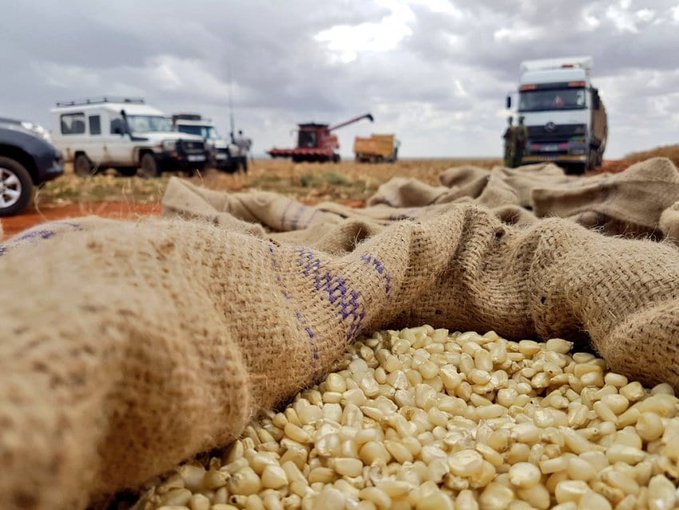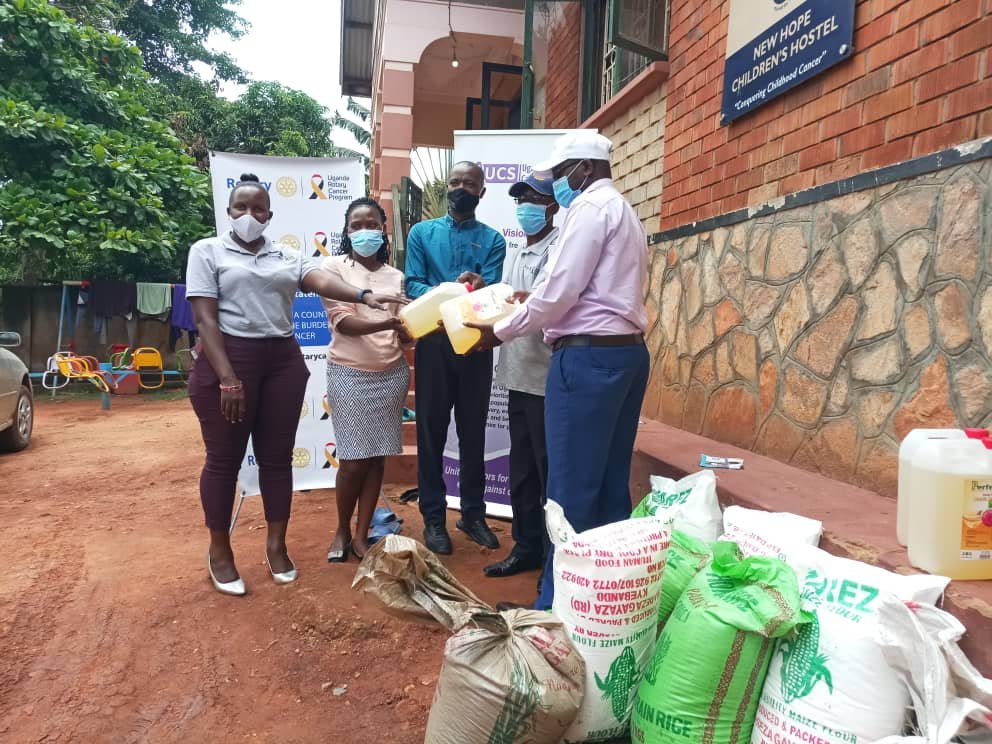39 lorries that are said to have been ferrying ‘unsafe’ maize into Kenya from Uganda have been seized at the Busia border.
According to the Ministry of Agriculture, unscrupulous businessmen tried to sneak in maize through non- gazetted border points.
“25 lorries are being held at Busia police station while 14 are at Adungosi,” a statement from the ministry said on Tuesday.
The Ministry said surveillance has been heightened across all border points warning that those found contravening the government directive will be arrested and charged in a Kenyan court of law.
The seizure of the lorries comes a day after Uganda’s President Yoweri Museveni met with a delegation from Kenya to discuss trade relations between the two nations.
“We met with a Kenyan delegation led by Cabinet Secretary for Industrialization, Trade, and Enterprise Development Betty Maina. Among issues discussed include our trade relations in light of recent developments like the ban on some Ugandan exports,” President Museveni said on Tuesday.
He added, “Competition has been generated by the fact that we are trading in a common market, however, the ultimate logic of EAC integration is that one who is more efficient should be allowed to sell. We should eliminate irregularities with strategic analysis, not endless fights.”
On March 5, 2021, the Kenyan Government — through the Agriculture and Food Authority (AFA) — banned importation of maize from Uganda and Tanzania.

According to AFA, the ban was introduced based on the findings of a survey conducted by the authority which found that maize from the two countries is unfit for human consumption due to levels of mycotoxins that were consistently beyond safety limits.
The Eastern Africa Grain Council said the sudden ban led to a snarl up of traffic at the Busia and Namanga borders as trucks that were carrying maize to Kenya were blocked from crossing the borders; those that had crossed into Kenya, were restricted from traveling further.
“The ban caused a crisis disrupting trade and increasing the cost of doing business already taking a huge toll on traders, transporters and farmers with most traders having entered into bidding agreements to deliver maize supplies,” EAGC said.
At the Busia border, traders were reportedly left stranded with over 100 trucks loaded with maize grain, and in extreme cases, trucks were sent back to Kenya.
EAGC warned that the ban poses the risk of retaliatory actions by the affected partner states and further undermines East Africa Community (EAC) integration efforts as well as existing mechanisms to resolve trade disputes.
Due to what it termed as possible implications, the council convened a meeting in early March, in an attempt to intervene on the decision to ban maize importation from Tanzania and Uganda into Kenya.
On March 15, the East African newspaper reported that Kenya had denied banning maize imports from Uganda and Tanzania over aflatoxin.
“We have not stopped importation of maize from Uganda and Tanzania. What AFA has done is to check the quality of maize coming into the country,” said Agriculture CS Peter Munya as quoted by the paper.
Kenneth Bagamuhunda, EAC Director General in charge of Customs and Trade, responded saying: “Kenya is Chair of the EAC and if it has started from that perspective then it is very unfortunate.”

















